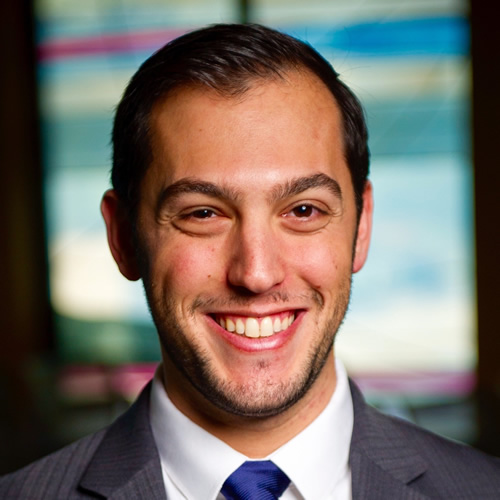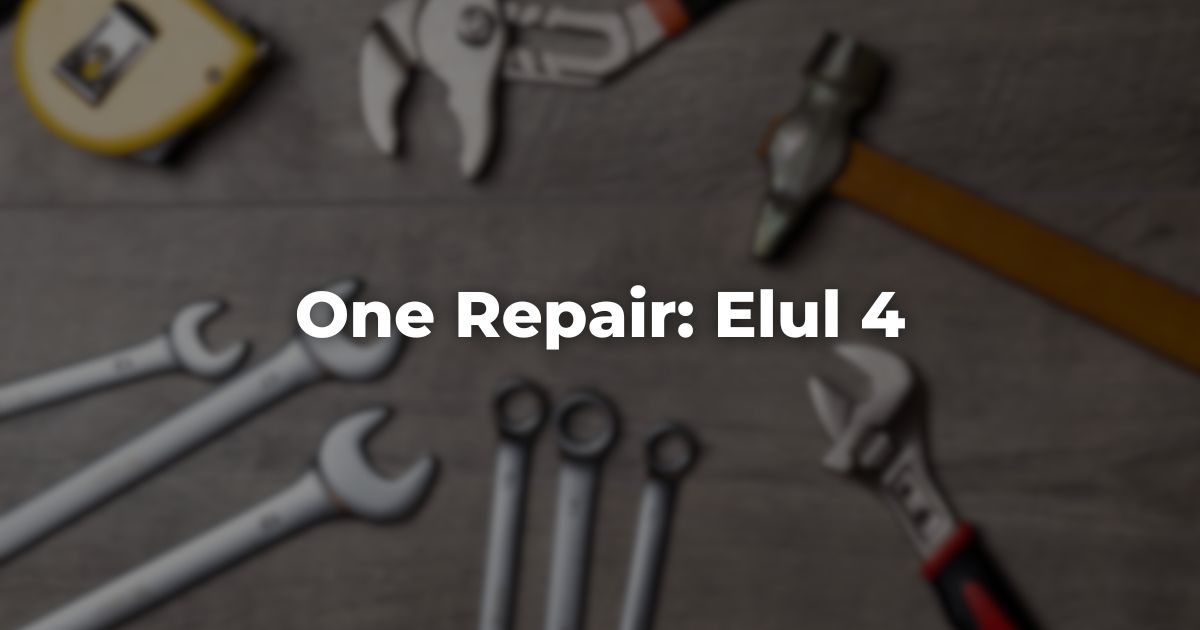Our tradition teaches teshuvah as a process, not a slogan. Maimonides writes: “Free will is granted to all people… Each person is fit to be righteous like Moses… There is no one who compels them” (Mishneh TorahRefers to the first five books of the Hebrew Bible, the Tanakh, also called the Five Books of Moses, Pentateuch or the Hebrew equivalent, Humash. This is also called the Written Torah. The term may also refer to teachings that expound on Jewish tradition. Read more, Hilchot Teshuvah 5:1). Teshuvah includes recognition, confession, repair, and release. Words alone are not enough.
“T’shuvah requires responsible action” says Rabbi Kerry Chaplin in 5 Myths about T’shuvah.
Choose one thing you do not want to carry into the new year. Name it precisely. Decide on one repair you can begin this week: a call, an apology, a plan to stop repeating the pattern. Do not wait for the perfect moment. Start small and concrete. The point is not to punish yourself, but to make space for a different future.
Kavanah: Set one burden down today and choose one repair you will begin.
Explore the full Elul intentions here.
Authors
-

Exploring Judaism is the digital home for Conservative/Masorti Judaism, embracing the beauty and complexity of Judaism, and our personal search for meaning, learning, and connecting. Our goal is to create content based on three core framing: Meaning-Making (Why?), Practical Living (How?), and Explainers (What?).
View all posts -

Rabbi Jeremy Markiz is a teacher and consultant. Based in the Washington, DC area, he teaches the Torah of personal growth, meaning and intentionality, and making the world a better place. He writes a newsletter called, With Torah and Love. Rabbi Markiz helps clergy, congregations, and Jewish organizations grow and communicate clearly in the digital world, develop effective strategies, and solve problems with his consulting firm, Next Level Rabbinics.
View all posts




